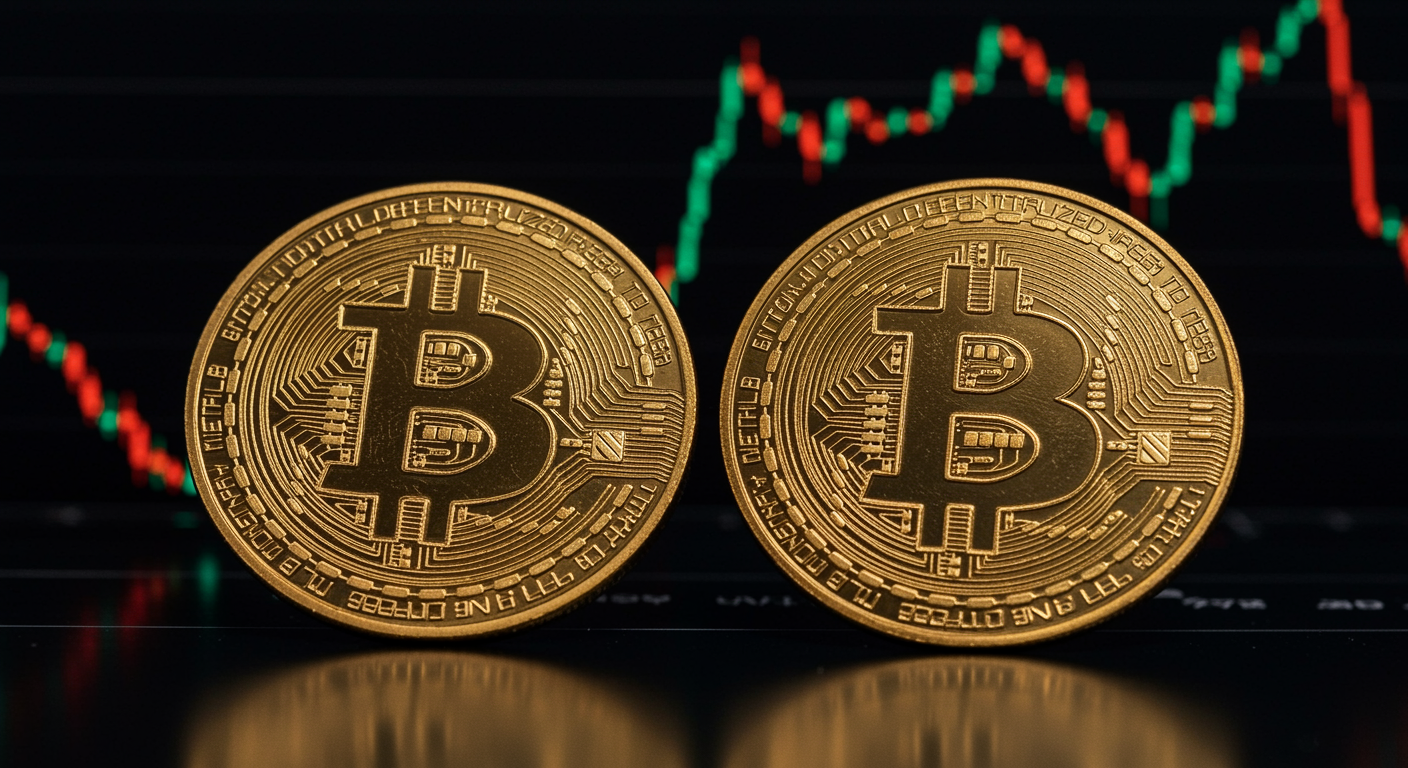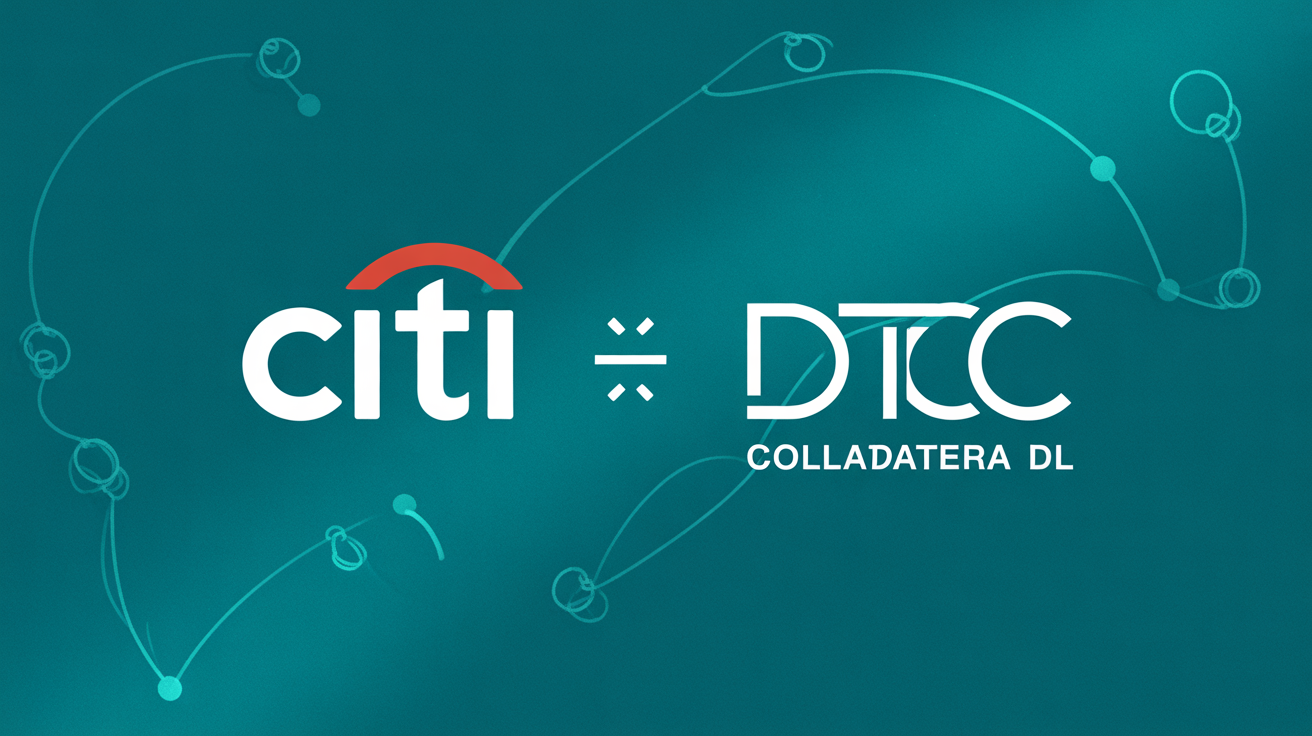Bitcoin has cemented its position in corporate finance, with a record 116 publicly traded companies now holding BTC on their balance sheets, according to a new report from Binance Research. As of the end of May, these firms collectively hold 809,100 BTC—worth approximately $85 billion at current market prices.
That marks a significant surge from the 312,200 BTC held just a year ago, representing more than a 2.5x increase. Nearly 100,000 BTC has been added since early April alone, coinciding with a series of political and regulatory shifts in the United States.
A major catalyst appears to be President Donald Trump’s pro-crypto policies. Since taking office, Trump has announced the formation of a Strategic Bitcoin Reserve and a broader U.S. Digital Asset Stockpile. In addition, the Securities and Exchange Commission (SEC) has rolled back several enforcement actions against leading crypto firms, signaling a more accommodative regulatory stance.
According to Binance Research, BTC treasury growth notably accelerated in November following Trump’s election victory. The report also highlights the impact of new fair-value accounting standards introduced by the Financial Accounting Standards Board (FASB), which now allow corporations to report unrealized gains on their crypto holdings—a significant shift that has removed a long-standing obstacle to institutional adoption.
MicroStrategy remains the dominant corporate holder, accounting for more than 70% of all public company BTC reserves. However, new entrants continue to emerge, including GameStop (GME) and PSG, which have recently disclosed initial Bitcoin allocations.
While Bitcoin remains the primary focus, some firms are exploring alternative digital assets. SharpLink, for example, holds $425 million worth of Ethereum (ETH), and companies like DeFi Development and Classover have added Solana (SOL) to their balance sheets. China-based Webus has gone a step further, filing to establish a $300 million strategic reserve in XRP.
Still, Binance notes that non-Bitcoin holdings remain relatively niche and are often linked to branding strategies rather than core treasury allocation.
The report also flagged the booming growth in tokenized real-world assets (RWAs), which have soared over 260% this year—from $8.6 billion to more than $23 billion—as institutional investors seek blockchain-native exposure to traditional financial instruments.





























